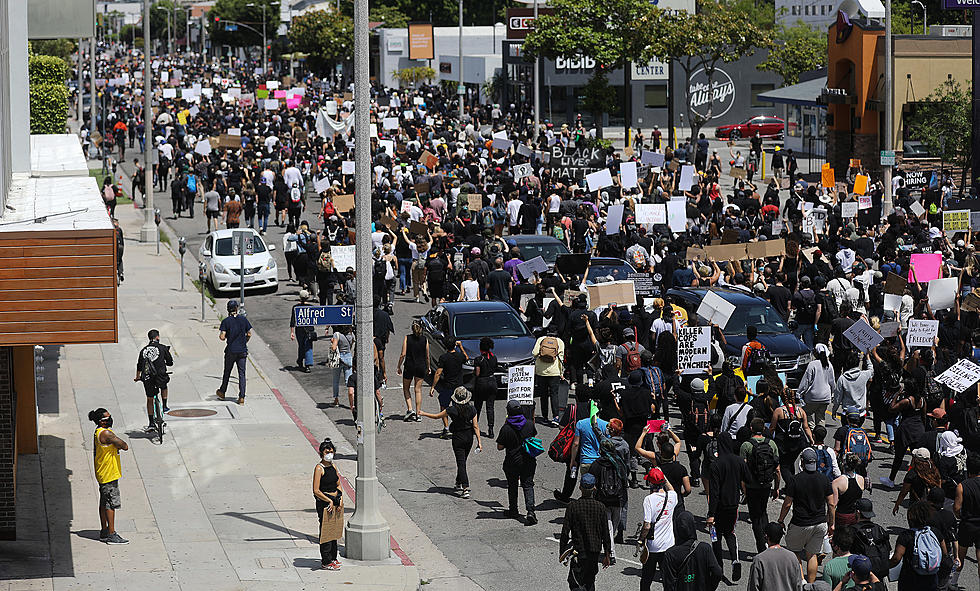
Wyoming ACLU Talks About ICWA SCOTUS Case
The Wyoming American Civil Liberties Union (ACLU) talked about the U.S. Supreme Court hearing oral arguments for the case Brackeen v. Haaland on Nov. 9.

The ACLU, being represented by Cooley LLP, filed an amicus brief to the Supreme Court asking it to uphold the constitutionality of the Indian Child Welfare Act (ICWA), after a petition for a writ of certiorari was filed last September.
The brief was filed by the national ACLU, along with affiliate organizations in Northern California, Alaska, Arizona, Maine, Montana, Nebraska, New Mexico, Oklahoma, South Dakota, North Dakota, Wyoming, Texas, Utah, and Washington.
The Wyoming ACLU joined the case in August.
The ICWA was passed by Congress in 1978 to address the disproportionate rates that Native children being discriminatorily removed from their homes by child welfare agencies and placed into non-Native homes.
The ICWA requires state courts to make an effort to keep Native families together and it applies to children who are citizens or eligible to be citizens of a federally recognized tribe.
In recent years, Wyoming has done more to address the needs of Native Americans, with Governor Mark Gordon setting up the Missing and Murdered Indigenous Persons Task Force last February
Stephanie Amiotte, the ACLU of Wyoming's legal director and enrolled member of the Oglala Lakota (Sioux) Tribe, said that after listening to oral arguments in the Supreme Court on Wednesday, she was encouraged by some of what the judges were saying.
"We actually were a little more encouraged during the oral arguments because it felt as though most of the justices presented questions that appeared to challenge the Brackeens on the standing argument," Amiotte said. "And as well as on their claims that congress's plenary powers to enact federal legislation like ICWA should be limited or that they had overstepped their powers. So that line of questioning felt really favorable to the tribes, and against the Brackeens. But we were concerned a little bit by Justice Alito's questing. Always tends to be a little more tricky it sounds like. But there was a lot of comparisons to the college admissions and whether or not a Native American person should be given preference under maybe some congressional legislation to be admitted into college, and whether that would be a racial classification."
The ACLU expects a decision on the ICWA case sometime next year, either in January or June.
Amiotte said it's damaging to Native American children to be taken from their family and culture and that the ICWA has helped address that issue.
"The more children that are removed from their indigenous families, or communities, or tribe, continue to feel that invisibility and it really just compounds that problem," Amiotte said. "And we know that there numerous studies that have shown that when children maintain their connection to their heritage, including indigenous children, that fills their sense of identity. It has a direct effect on improving their chances of success academically, emotionally, psychologically. But when they are torn from that community, torn away from their culture and heritage, and basically told who you are no longer exists, it has a devastating effect. We see that within today's society, we see that with the disparate numbers and poverty levels. Indeigouns students have the highest levels of dropout rates from high school. There's disproportionate rates of health issues and our indigenous communities have high rates of poverty. So it's just one more step that compounds all of these social issues, that the government really has a legal obligation to help remedy, and that's what congress was attempting to do."
MUST SEE: John Dutton's Yellowstone Ranch is Real and Here are 12 Pics
10 Reasons NOT to Move to Wyoming
More From K2 Radio









